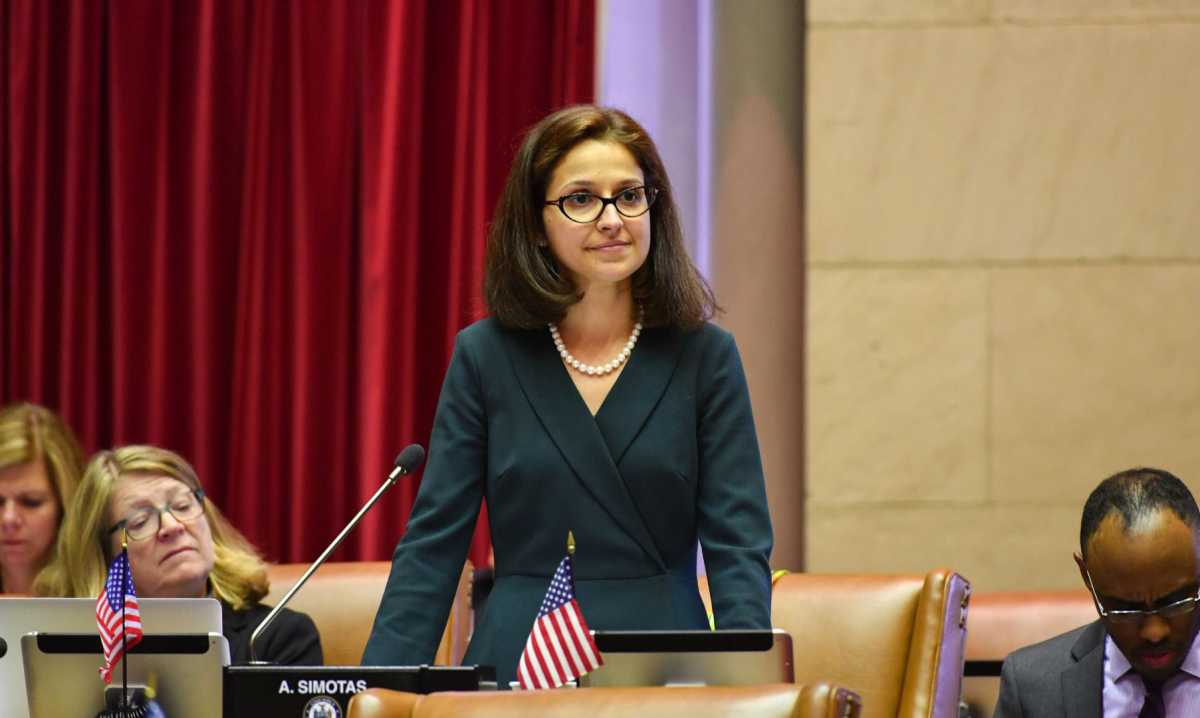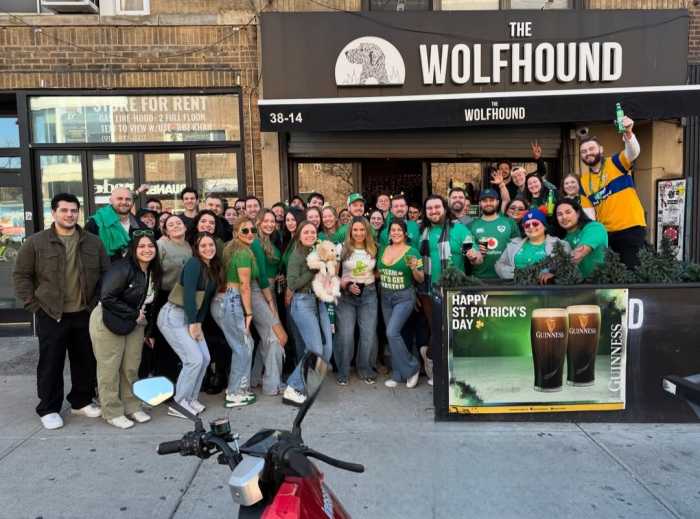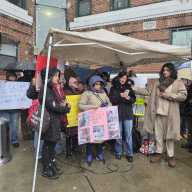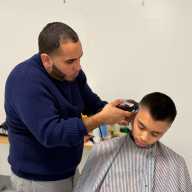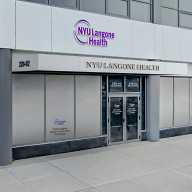Four Queens lawmakers and students in Astoria are urging the New York City Department of Education to make feminine hygiene products available at all meal hubs throughout the city.
Femstrate, founded by student leaders at the Young Women’s Leadership School of Astoria, is receiving support from State Assemblywomen Catherine Nolan and Aravella Simotas along with Congresswomen Grace Meng and Carolyn Maloney.
According to Femstrate, feminine hygiene products — which are already purchased by schools — are currently sitting in supply closets and nurses’ offices throughout New York City schools and the DOE should implement an immediate plan to offer the critical supplies to any New Yorker in need.
“Our mission is to bring menstrual equality to every school in New York City and beyond,” Femstrate said. “We are lucky to live in one of the few states that legally supports our mission; however, at this time it is more important than ever to supply students with these essential products. New York City can easily fulfill this promise to its students by providing period products to those in need.”
Since 2016, the city Department of Education has provided free feminine products to all New York City students, according to the DOE. Currently, there are logistical hurdles to redistributing the supplies in closed schools to Meal Hubs.
“We thank these young people for raising this concern, and we are looking into this. Access to feminine hygiene products is important for the health and wellness of our students, and when school buildings are open we provide free feminine products to all New York City students,” the DOE said in a statement to QNS. “In this new reality, we are also taking into consideration the health hazard involved in transporting products to meal hub sites and continue to encourage people to stay home to the greatest extent possible.”
According to lawmakers, access to feminine hygiene products is critical during this challenging time in the COVID-19 pandemic.
“Period poverty affects so many New Yorkers and the ongoing COVID-19 crisis has left many people without incomes, exacerbating the problem,” Simotas said. “Using supplies the city already has and redistributing them to those who need them most is a feasible action that will bring relief to many people who menstruate.”
Maloney said menstruation doesn’t stop because of COVID-19 and access to menstrual products remains a challenge and hardship for too many.
“Period poverty is real and anyone who needs access to menstrual products should still be able get them through our schools. I commend the students leading this important initiative,” Maloney said.
Meng commended the students for leading the initiative, while also noting the importance of access to feminine hygiene products.
“With many families enduring a financial burden due to the pandemic, it is critical that schools continue to ensure menstrual products are available to all students who require them,” Meng said.
As for Nolan, part of ensuring students succeed and thrive during times of crisis means remembering and addressing the needs of students.
“To that end, it is critical that New York City’s students have access to the DOE’s feminine hygiene supplies. The need for these supplies does not stop, even when the city has to,” Nolan said.

